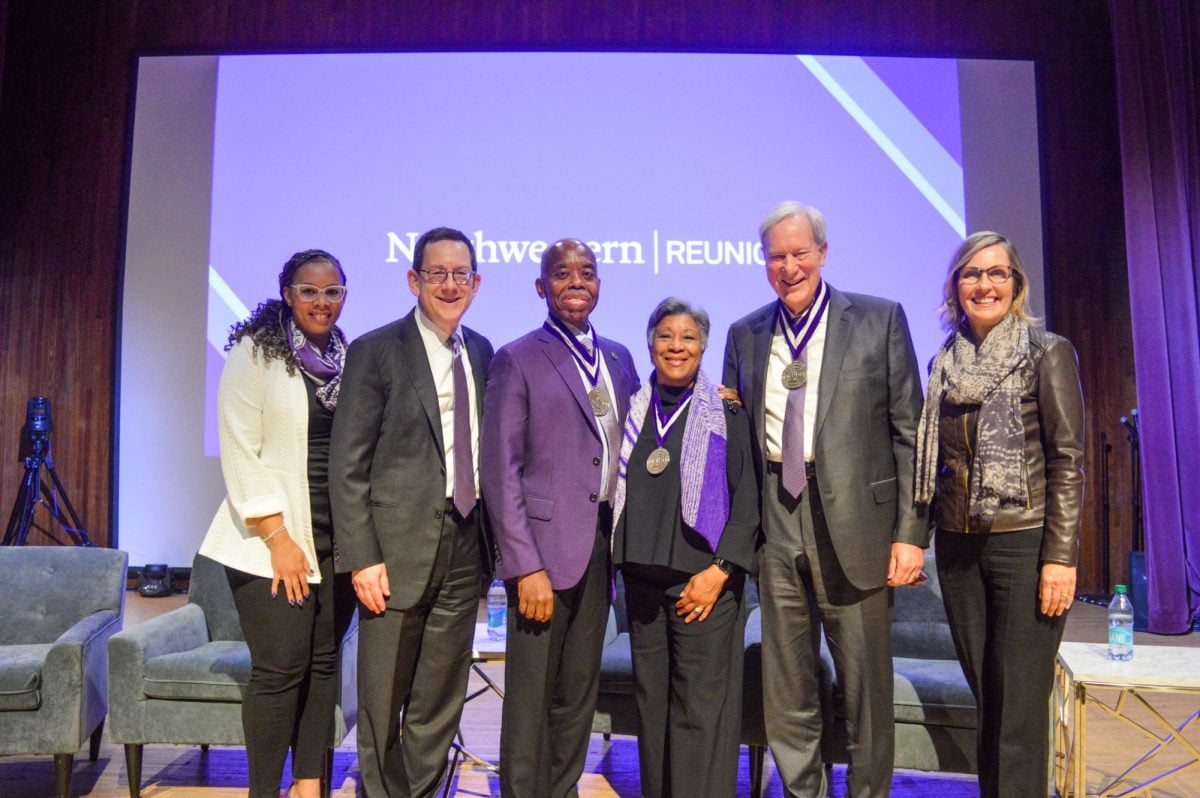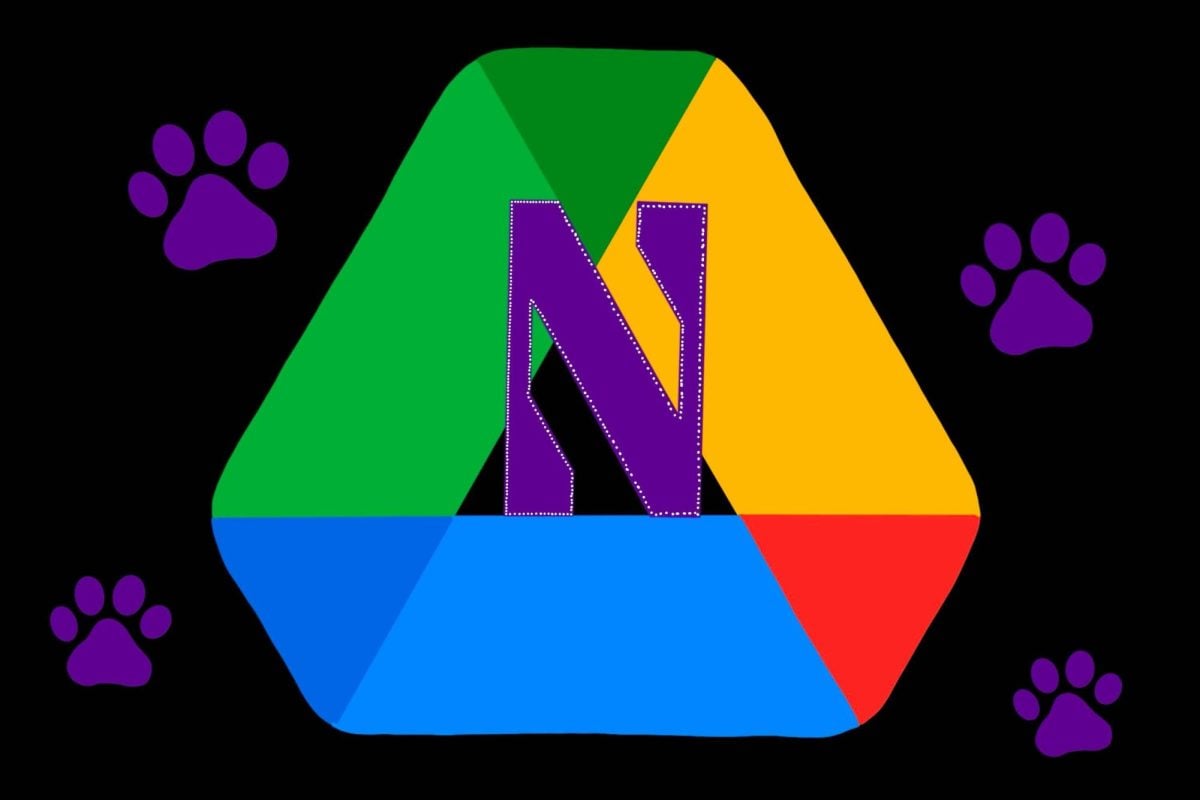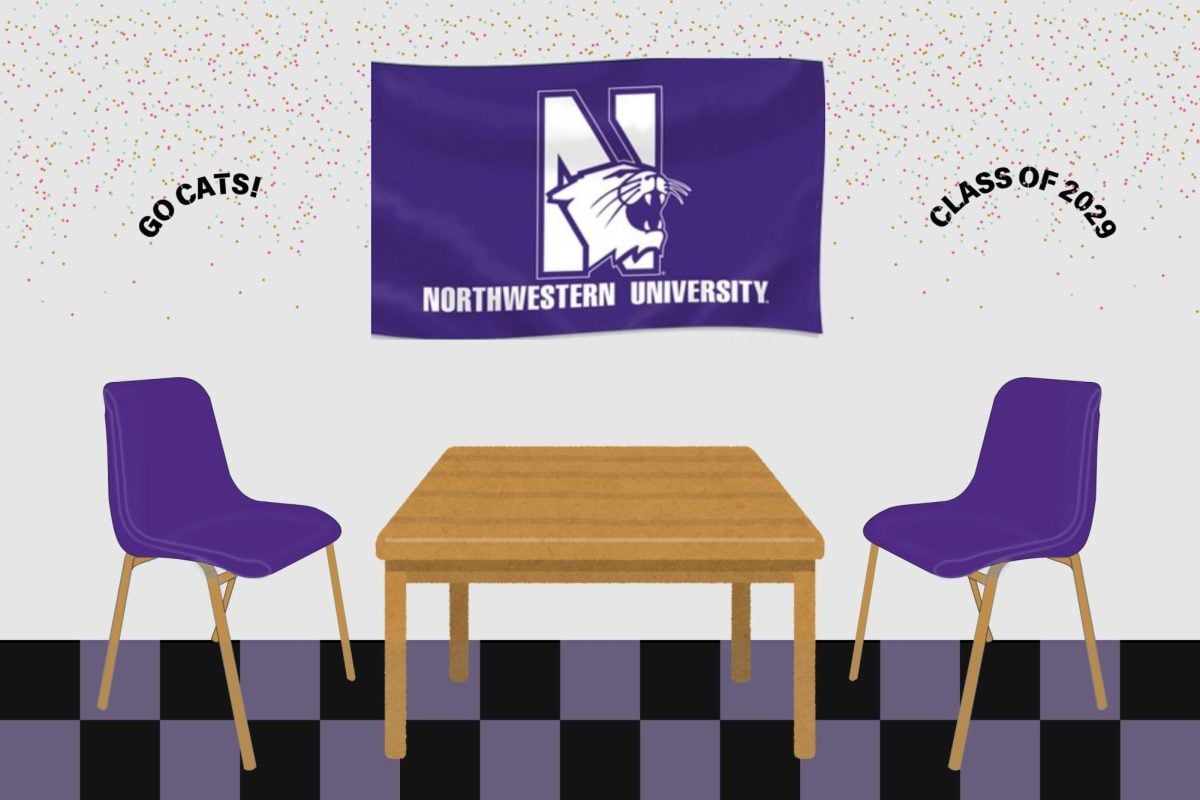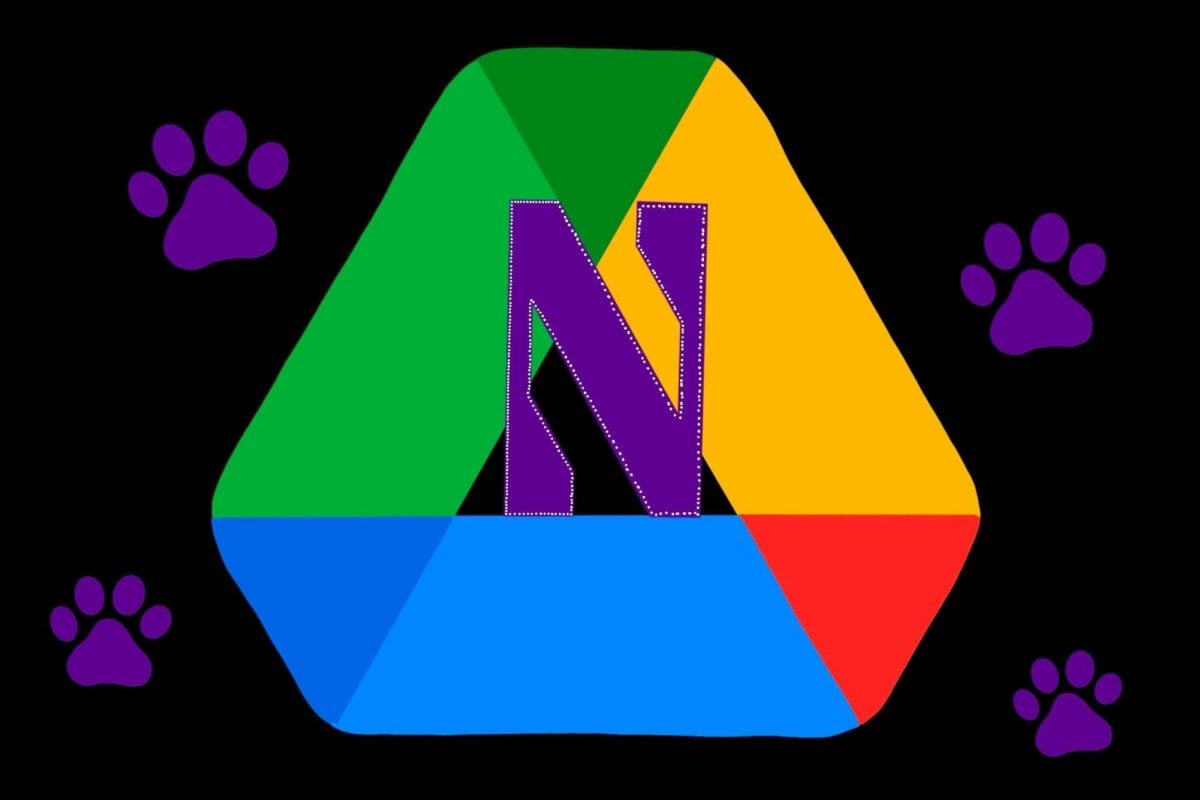Two graduate students in Northwestern’s Kellogg School of Management have won the first-ever Kellogg Social Entrepreneurship Award this quarter, providing them with $80,000 to launch their business, which will bring healthy food to low-income communities.
Saloni Doshi and Chelsea Katz began working together almost a year ago when they realized they had similar passions for food and health while working on separate teams for NU’s Social Entrepreneurship in Health and Wellness Challenge. After the challenge ended, they collaborated on their own project, Fresh Takes Kitchen, which will partner with community organizations and food suppliers to bring low-cost yet healthy food to people in need. The award, sponsored by the Carol and Larry Levy Social Entrepreneurship Lab, will kickstart their business by funding preliminary costs.
Fresh Takes Kitchen will offer low-cost subscriptions for weekly meals with whole grains, lean proteins and fresh produce in both family and individual formats. The two are planning to start the business in Denver this summer. “The goal is to make it accessible,” Katz said. “There’s already opportunities in the higher income markets for sustainable food. This kind of movement has already struck a chord with the Whole Foods market, but there isn’t opportunity in the low-income communities.”
Katz said because most companies believe there are lower expectations in low-income markets, there is a lack of innovation in the food department. This gives businesses like Fresh Takes Kitchen “an opportunity to exceed expectations,” she said.
Although the pair is optimistic about their business, Doshi said in the beginning others were uncertain of its fate. “We started talking to people and getting feedback,” Doshi said about beginning business plans. “We had a professor say, ‘I don’t know if I believe that poor people are going to pay for healthy food.'”
The two decided to launch a pilot program to prove the “naysayers” wrong, Doshi said. Last winter, the Kellogg seniors partnered with a local YMCA to test whether people in low-income communities would be willing to pay for their service.
“We realized there was tons of demand from the pilot program,” Doshi said. “We were able to say, ‘This isn’t just an idea on paper, this is an actual business.'”
This realization was an important factor when competing for the Kellogg Social Enterpreneurship Award. They were the only ones whose proposal made it to the final round, Katz said. The judges would either accept or reject their business plan.
“I kind of screamed and I almost cried,” Katz said about winning the award. “It took a little while before we could share the moment. When our classmates and faculty found out, the support was incredible. Everyone is so supportive and excited, and it makes us more excited and glad to have won.”
Both Doshi and Katz said the opportunities and resources made available to them at NU and through Kellogg have been crucial in their success. Katz said she first realized food service could be applied to social justice while working on the Social Entrepreneurship in Health and Wellness challenge last year. She also said Kellogg has offered her great mentors and classes surrounding this topic, including a “design for social impact” class. “It’s a network at Kellogg, at Northwestern, in Chicago,” Katz said. “With the help of the department, (Fresh Takes Kitchens) is so much stronger than if it was just the two of us out in the world.”
One of the award’s conditions is that the winners must work full-time on their business after graduation. Katz said she was most excited to be able to devote all of her time on this project once she no longer has to balance her time between the business and her classes.
“I think about how much progress we can make, how much momentum we can build when we can work on this full-time,” Katz said.






